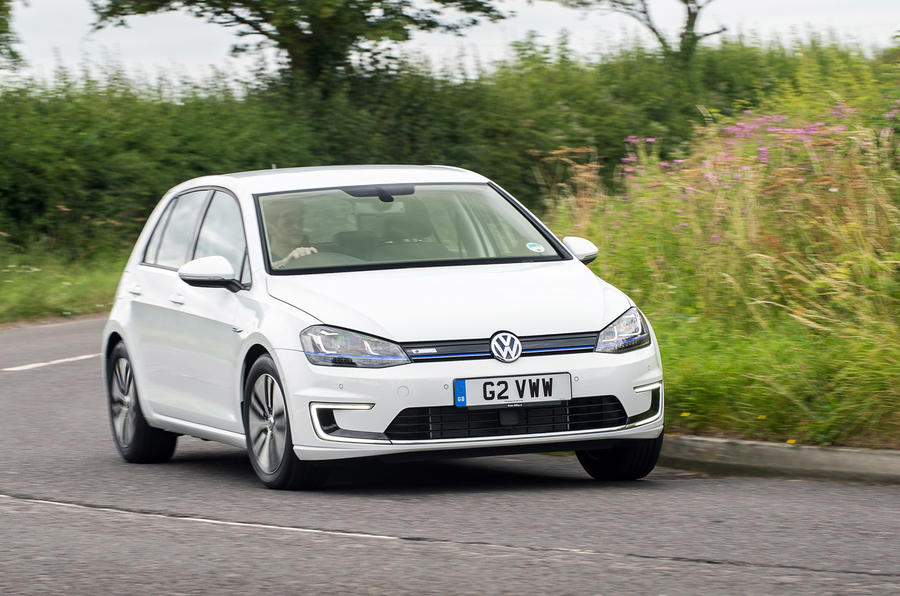These days, few cars slow down much when you release the accelerator. They do decelerate of course, and some more than others, but the degradation of momentum is generally slow.
That’s useful and economical if you’re good at anticipating traffic conditions and haven’t got an impatient type inspecting your back bumper, but cars that decelerate more strongly when you drop the throttle can actually be very satisfying to drive on the right kind of road.
Such a situation involves a twisty bit of tarmac requiring you to slow down and speed up as you take each bend.
Years back, late Aston Martin boss Victor Gauntlett explained the pleasures of engine braking when driving the Virage (sadly, an Aston that didn’t deliver the full suite of joys), whose engine braking allowed you build up a particularly satisfying rhythm of surge and retreat as you flowed trough bends.
These days few cars offer this pleasure, their engine management systems arranged to minimise emissions and maximise fuel economy, these requirements largely eliminating the natural drag of the multi-cylindered pump that is your propulsion device. You need to drive something old and carburetted to get the full effect. Or, it turns out, an electric Volkswagen.
Both the e-Golf and the Volkswagen e-up have energy recuperation arrangements that allow you to alter the rate at which your ampere-powered machine decelerates.
The more rapidly they slow, the more speedily the battery recharges. Of course, you also lose momentum more swiftly when the system’s at its strongest, which is why four different rates of recuperation are provided.
A recent whirr in an e-Golf revealed that the most extreme of them almost allows you to forget the brake pedal if you can judge your distances right, the milder choices in-between allowing you to fine-tune the decay of your pace. They’re easy to select - you just flick the gearlever sideways, a message in the instrument cluster confirming your chosen mode.
All of which provides another rather enjoyable dimension to electric car driving, especially as there are no forward gears to change.





Join the debate
Add your comment
No, the future joy will be
Must admit I like the idea of user adjustable engine braking
It seems almost criminal that 99% of cars just throw away this kinetic energy at the slightest touch of the brakes, though I accept that it isn't easy or cheap to capture or store it. The only problem I can see is that this VW arrangement may not suit the average driver lacking delicacy and finesse in the right foot department. Progress could well be a bit jerky!
Intrigues me too